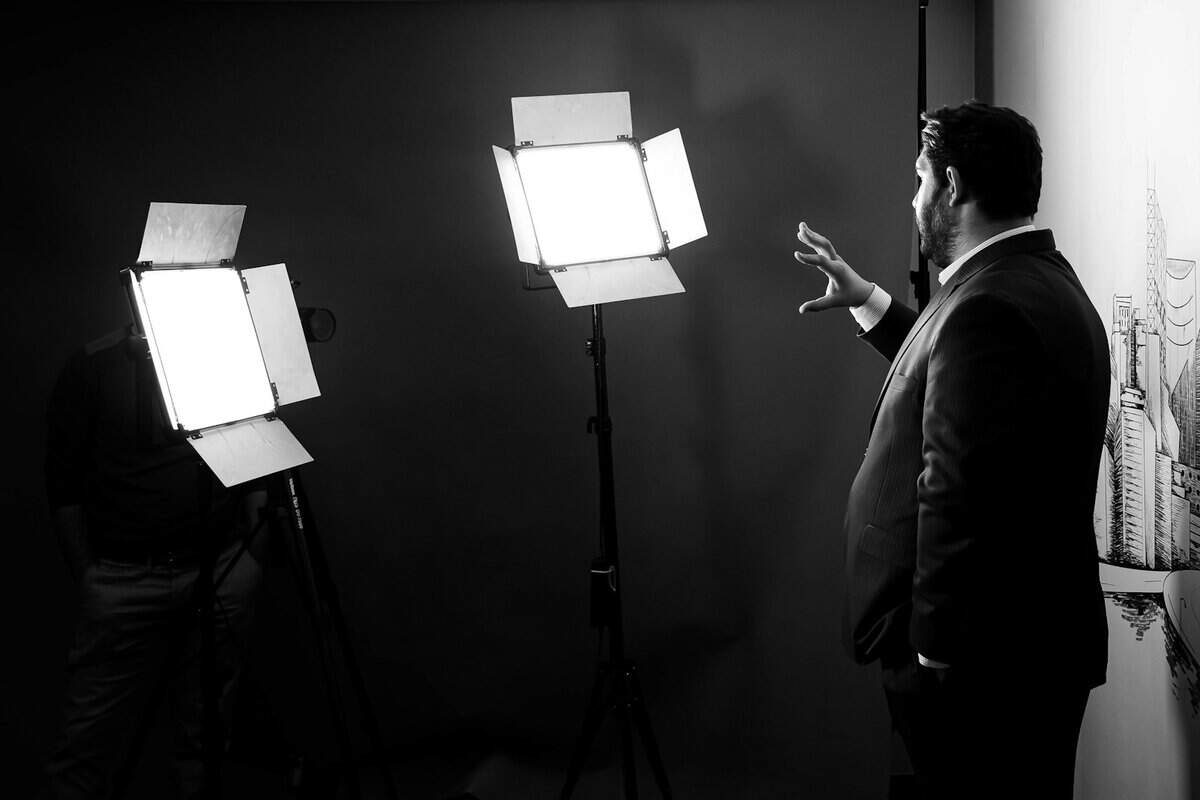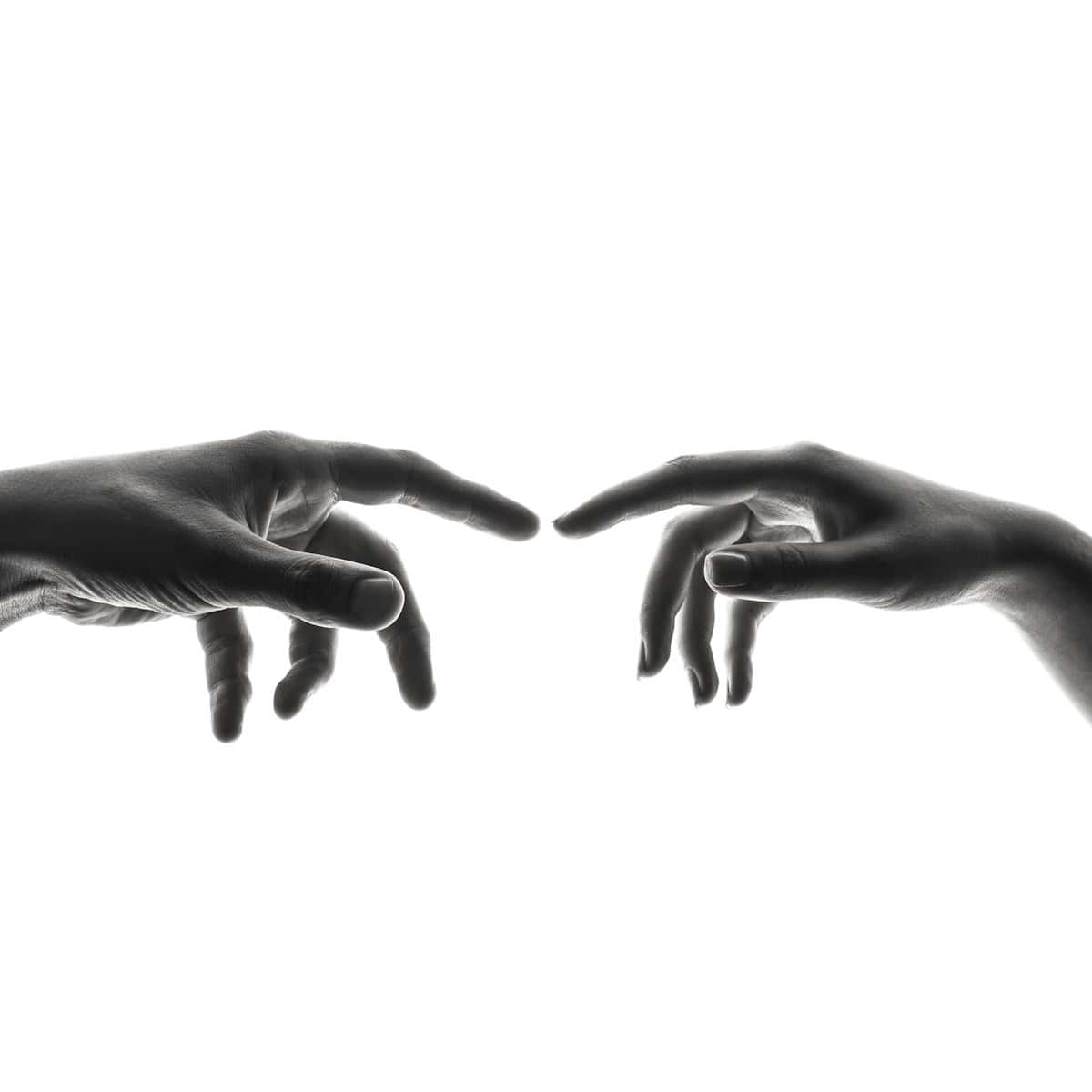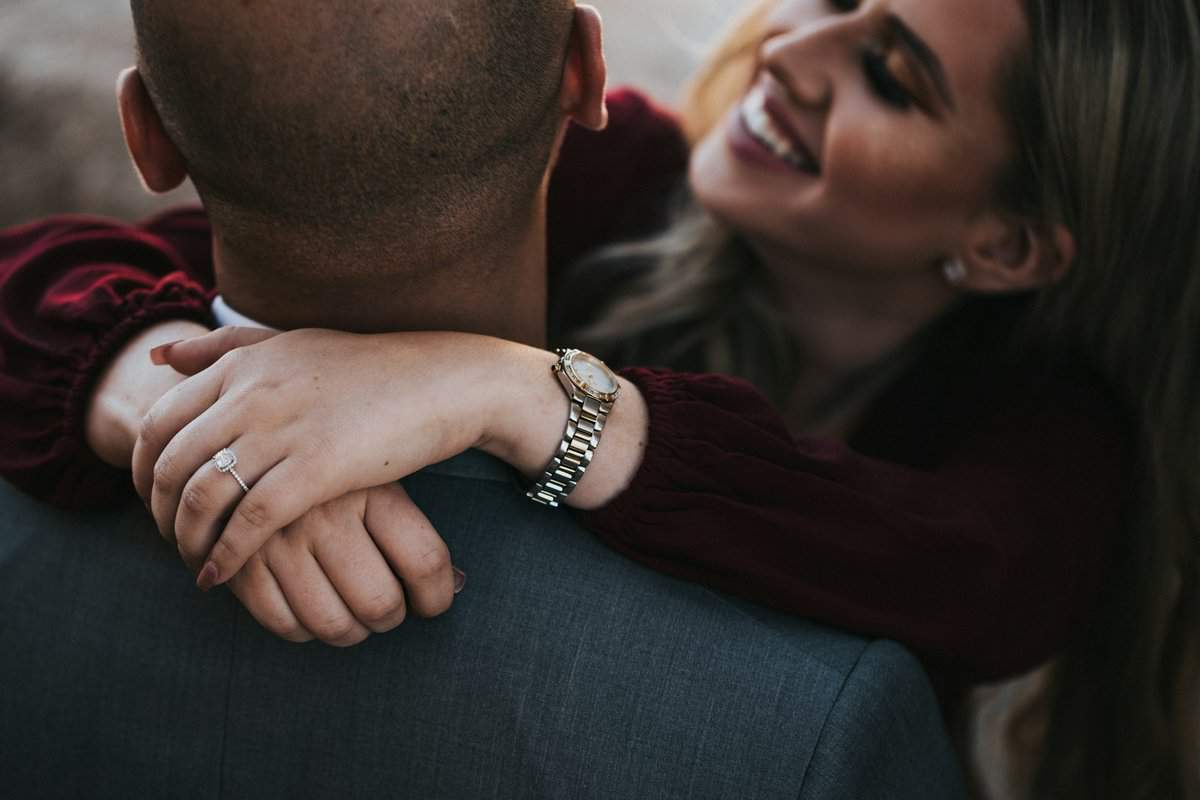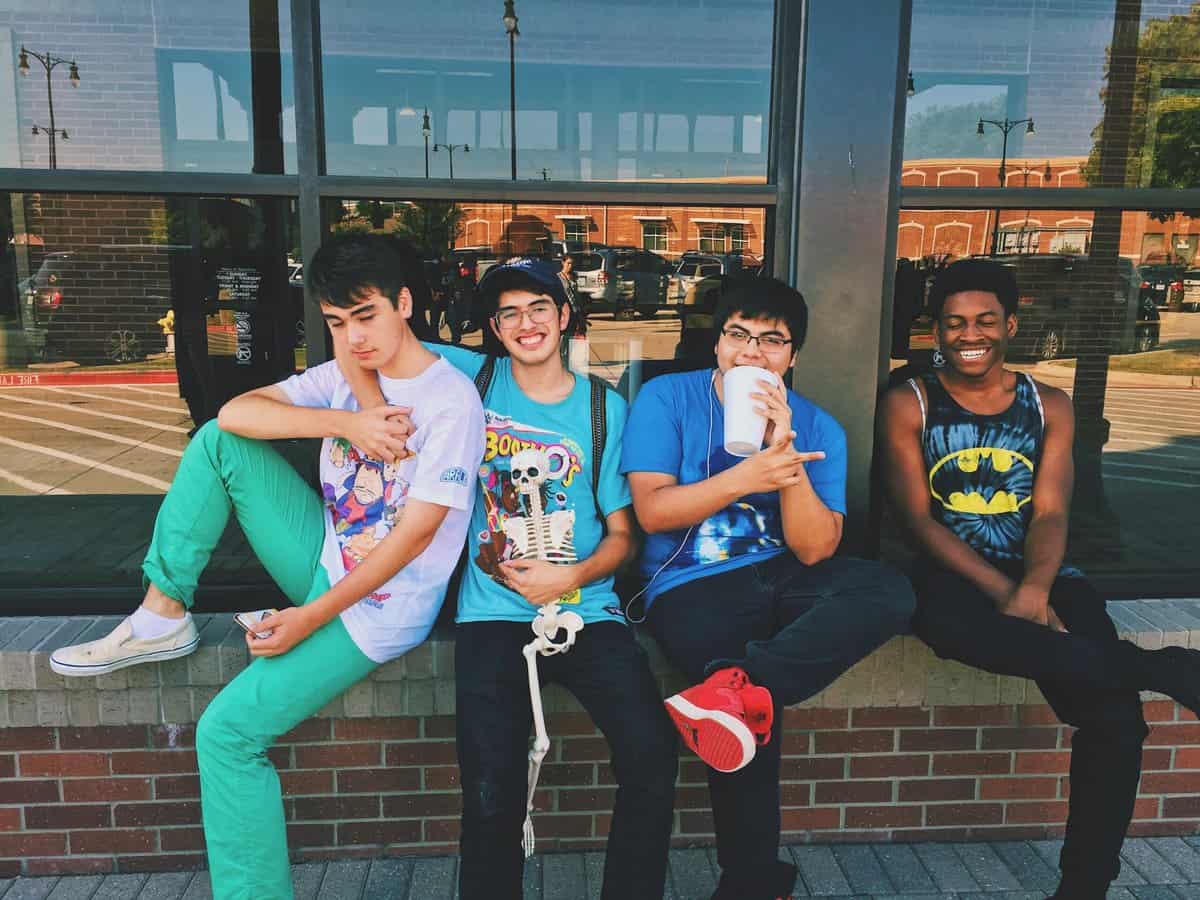
Why Is Body Language Important? How Nonverbal Cues Shape Communication
Have you ever walked into a room and instantly felt like someone was upset, even before they said a word? That’s the power of body language. Why is body language important? Because it’s the unspoken dialogue that shapes every interaction you have, whether you’re on a first date, in a job interview, or just chatting with a friend.
Words can lie, but the body rarely does. A forced smile doesn’t reach the eyes. Crossed arms can signal defensiveness, even if someone says, “I’m fine.” Leaning in shows interest, while checking your phone mid-conversation screams disengagement.
These tiny, silent signals add up, influencing how people perceive you—and how you perceive them. And if you’re not paying attention? You could be missing half the conversation without even realizing it.
Additionally, your own body language sends messages, whether you mean to or not. Slouching in a meeting might make you seem less confident, even if you’re the most knowledgeable person in the room. Avoiding eye contact can read as shifty, even if you’re just nervous.
So, why is body language important in your everyday life? Because it’s the secret layer of communication that can make or break your personal and professional life.
In this article, we’ll explain why body language matters so much, how to read it accurately, and—most importantly—how to use it to your advantage.
Why Is Body Language Important? The 3 Main Reasons
It’s a Form of Unconscious Communication
Why is body language important? Because most of the time, we don’t even realize we’re using it. Think of it like your phone’s background apps—always running, even when you’re not paying attention.
Your facial expressions, posture, and hand gestures send signals without you consciously deciding to send them. And here’s the thing: people pick up on these signals instantly, often before you even speak.
For example, imagine you’re at a networking event. You meet someone new, and while they’re saying, “Nice to meet you,” their arms are crossed, and their eyes keep darting around the room. Their words say one thing, but their body language screams, I’d rather be anywhere else.
That disconnect is why body language matters. It is important because it’s honest in ways words aren’t. You can’t always control it, but once you start noticing it, you’ll understand people—and yourself—on a whole new level.
Helps in Recognizing Changes in Behavior
Why is body language important? Because it’s like a built-in lie detector—not in a dramatic, TV-show way, but in a real, practical sense. When someone’s behavior shifts, their body language usually changes first. And if you’re paying attention, you’ll catch it.
Picture this: You’re having coffee with a friend who’s usually relaxed, leaning back, smiling, making big gestures. But today, they’re stiff, fidgeting, or forcing laughs. Even if they keep saying, “Everything’s fine,” you know something’s off.
In professional settings, this skill is gold. Let’s say you’re pitching an idea to your boss. At first, they’re nodding along, but suddenly, their foot starts tapping, or their eyes narrow slightly. That’s your cue. If you adjust your approach right then you save the conversation before it goes south.
Even in dating, body language clues you in. If someone was all smiles and leaning in on the first date but now barely makes eye contact, that’s a red flag.
Body language is important because it gives you early warnings. Once you notice those shifts, you can respond instead of being blindsided later.
It shows an overall impression- of you and others
Enhances Information Transfer
Why is body language important? Because in a world where half our conversations happen through screens, nonverbal cues are the missing piece in communication.
Think about it—when you’re texting or emailing, you lose tone, facial expressions, and gestures. Even emojis and stickers can only do so much. That’s why misunderstandings happen so easily. But in face-to-face interactions, body language fills in those gaps, making sure your message lands the way you mean it.
For example, imagine you’re in a virtual work meeting. Your coworker says, “Great job on the project,” with the video off. If their voice is normal, you might believe your coworker. However, with video on, you will see the lack of eye contact and know they don’t really mean it.
Even in dating, body language makes a huge difference. A flirty text can be misinterpreted as friendly or sarcastic—but in person, playful eye contact, a light touch on the arm, or mirroring someone’s movements makes intentions clearer.
Body language is important because it adds layers to communication that words alone can’t. In a tech-heavy world where so much gets lost in translation, mastering nonverbal cues ensures you’re actually heard, not just read.
The Silent Superpower: Why Mastering Body Language Changes Everything
So, why is body language important? Because it’s the hidden script running behind every conversation, the unspoken truth that words alone can’t tell. Whether you’re acing a job interview, navigating a first date, or just trying to figure out why your friend seems off, nonverbal cues are your cheat code to better, deeper connections.
So the next time you walk into a room, remember: your body is already speaking. Make sure it’s saying something great. That’s why body language is important.




